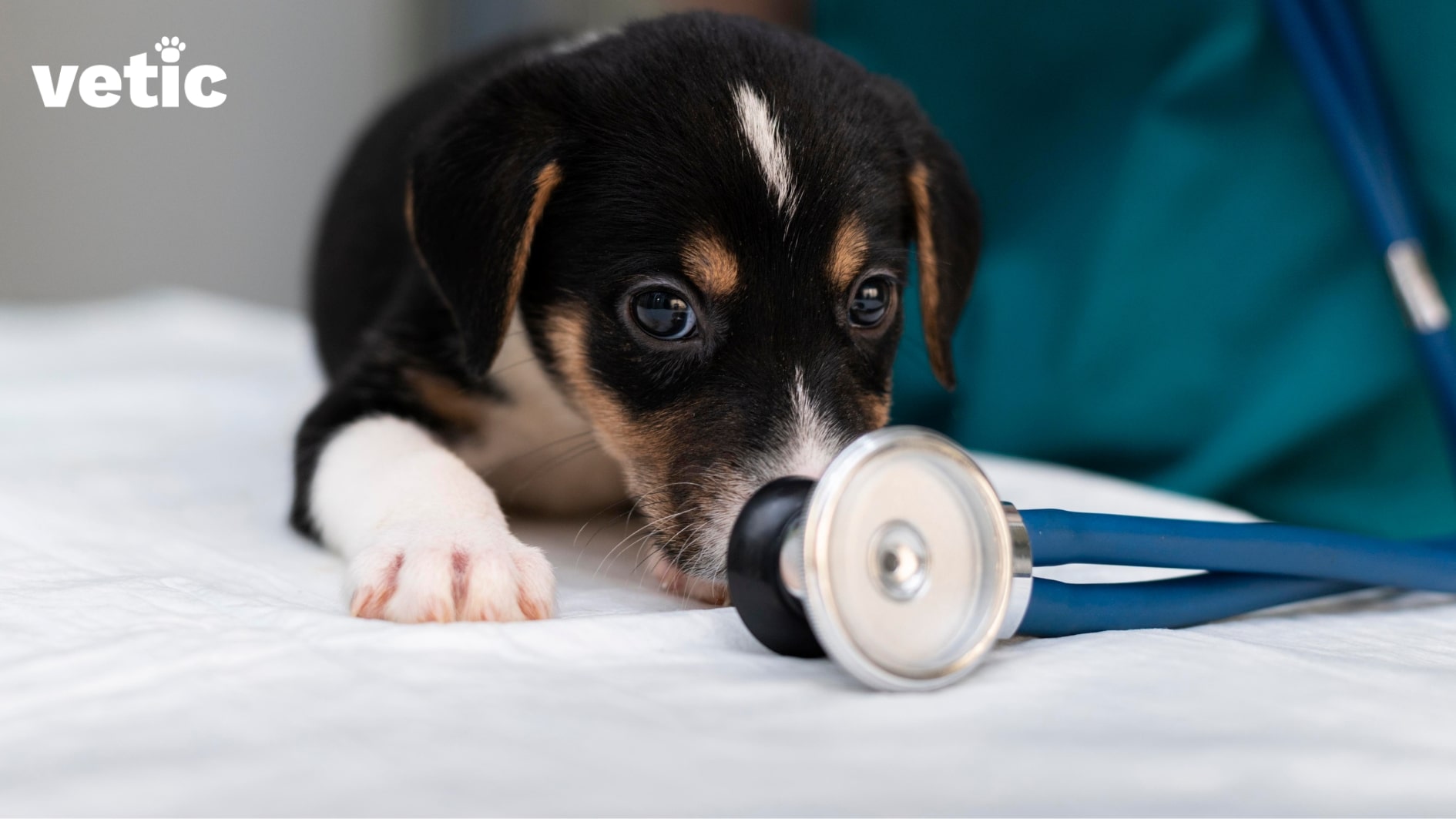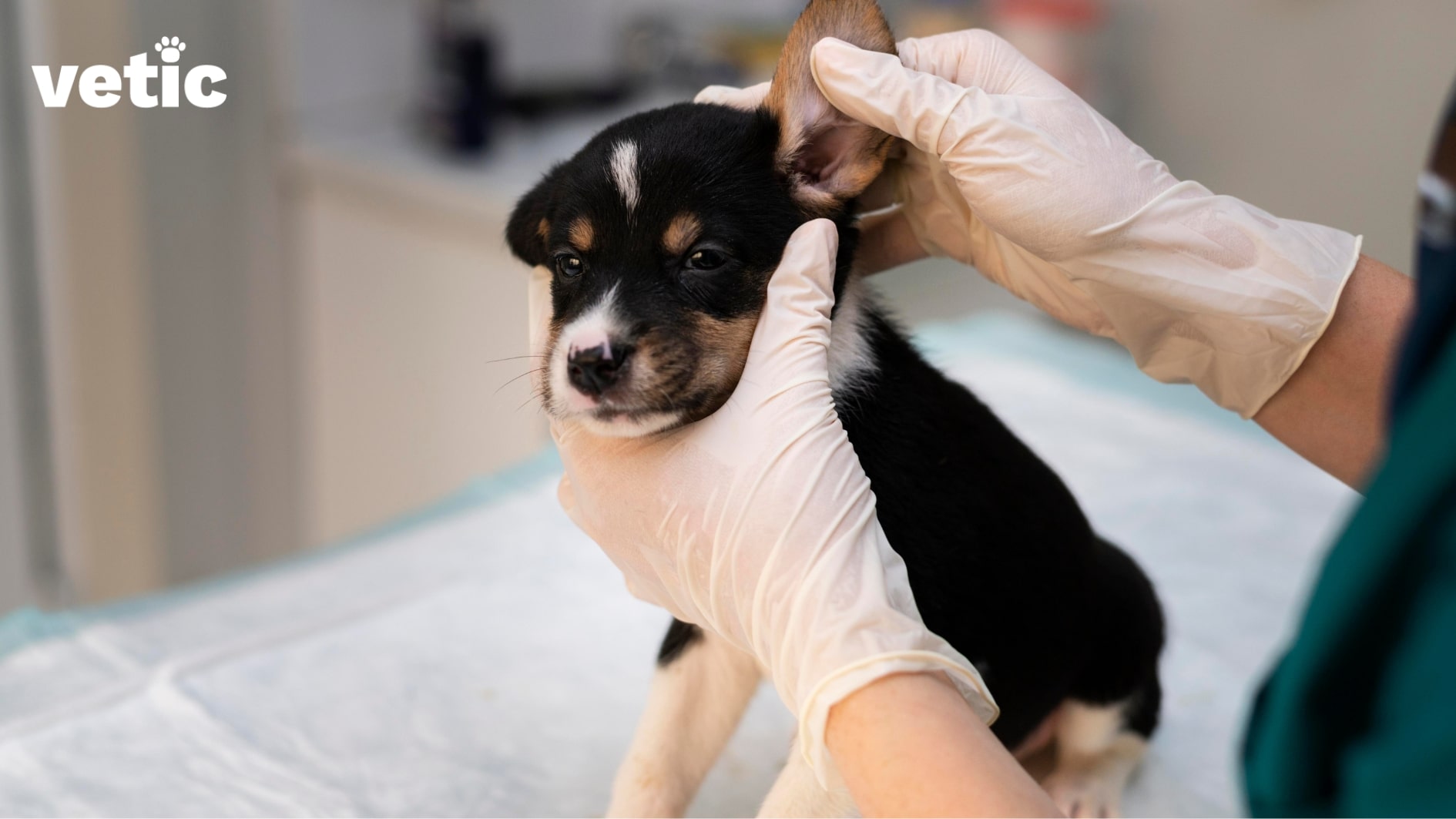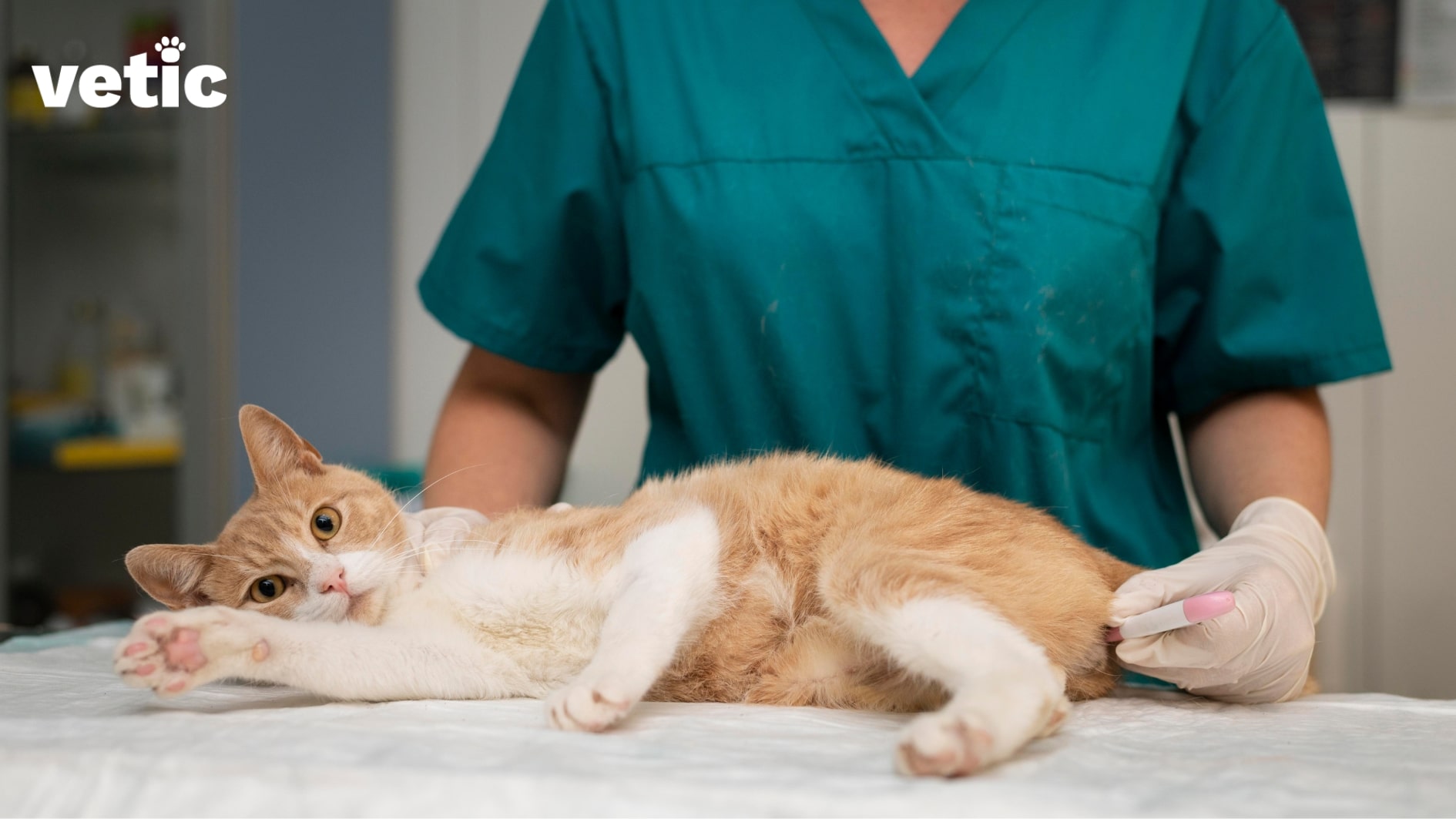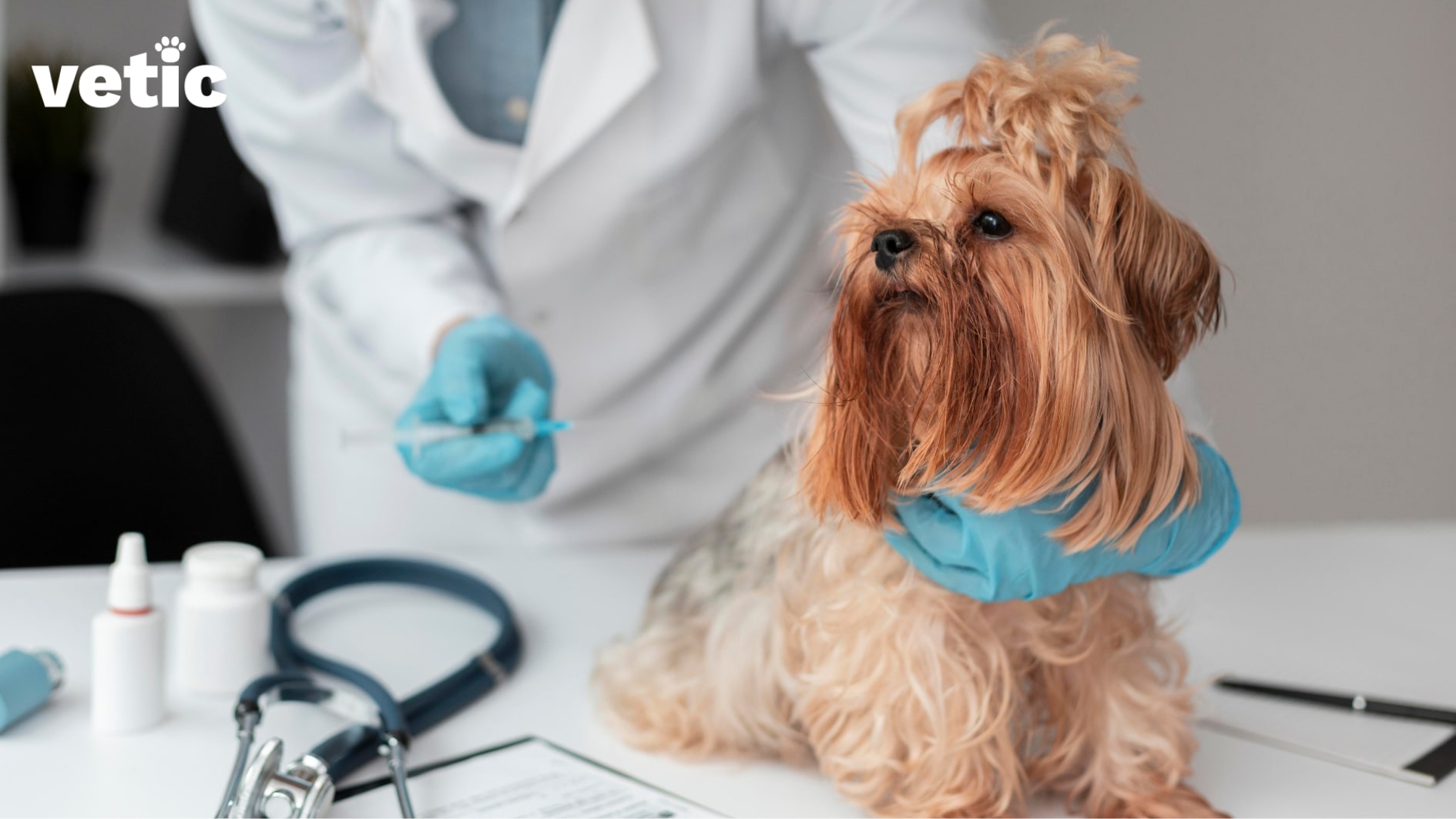Regular veterinary check-ups are absolutely mandatory for all pets irrespective of their species and breeds.
What do we mean by “regular” vet check-ups?
Should you take your dog to the vet every month, 6 months, or 1 year? If you have a junior pet – a puppy or kitten, they may need to visit the vet every month or even multiple times a month because of their deworming, vaccination, diet changes, grooming and health examination.

Once they are older than 1 year, you can take them once every 4 to 6 months, unless they have a particular disorder or condition that requires more frequent monitoring. Adult dogs and cats require at least one veterinary check-up every 4 to 6 months.
Don’t wait until your pet is sick to take them to the vet. Regular vet checkups are part of preventive healthcare. Once you take them for regular checkups, the veterinarian can detect preliminary signs of diseases or disorders that you may miss.
Here are six reasons you should take your pet for regular check-ups –
1. Regular veterinary check-ups can reveal subtle signs of illnesses
Dogs and cats are experts at hiding the initial signs and symptoms of any sickness. Whether it’s a muscle injury or eye injury, or a fever, their first thing is to find repose in a dark corner.
Our pets are always eager to please us, so they might even continue eating and drinking normally until the pain and discomfort overpower their hunger.
When pets quit eating and drinking, we consider it a delayed symptom. By then the disease has progressed significantly and pets have suffered considerably before diagnosis and treatment.
Regular veterinary check-ups can help the vet identify if there is any pain, swelling, or discomfort. Now you can book a complete health check-up for your pet with the Vetic app in just 3 steps.
2. The veterinarian will give a thorough checkup from nose to tail
From dental health checkups to anal gland inspections; your veterinarian will give your pet the full medical attention they need.
Here’s what you can expect from an experienced veterinarian during a physical examination –
Mouth and Teeth
The veterinarian will examine your pet’s dental health including plaque or tartar buildup. They will note if there’s any foul smell coming from their mouth. Your vet will recommend professional dental cleaning if that’s necessary for your pet.
Eyes
Eye problems are very common in flat-faced breeds of dogs and cats. These include dry eyes, cherry eyes, conjunctivitis and cataract formation.
Your veterinarian will examine, state preventive measures and/or recommend treatments for your pet to prevent irreversible damage.
Ears

Your veterinarian will check your pet’s outer ears for signs of infections and mite infestations. They will also examine their ear canals for any dirt buildup or potential risks of middle ear infections.
Chest
The veterinarian will check the heart health of your pet. They will check for murmurs and any abnormalities in the heart rhythm. Heart problems are common in certain breeds and they can occur irrespective of your pet’s age.
Abdomen
The vet will palpate your pet’s abdomen to check for any pain, swelling and tenderness. It is a critical examination that can reveal any abnormalities including growths and organ enlargements in your pet’s abdomen.
Anal glands
Your veterinarian will also check your dog’s anal glands to see if they are clean and free of infections. If not, they will recommend a thorough grooming or anal sac cleaning. Not expressing anal glands in a dog can lead to clogged glands and acute painful infections.
Skin
During the physical check-up, your veterinarian will conduct a thorough examination of your pet’s skin as well. If there are any rashes, hotspots or evidence of fleas and ticks the vet will recommend proper treatment before these skin problems become chronic.
Complete health

During the regular check-up, the veterinarian will also check if your pet has any mobility issues. Is your pet limping a little or favouring a paw? Your veterinarian can observe your pooch and determine if they need any special supplements, medication or diagnostic tests.
3. The vet may recommend additional routine diagnostic tests
During the routine physical examination, if your veterinarian notices anything unusual, they will recommend blood tests, diagnostic imaging and/or histology tests for your pet.
Receiving a recommendation for additional tests is no reason to panic.
Advanced diagnostic tests can help your veterinarian determine the cause and precise treatment of any health issues your pet might be facing.
4. Early diagnosis can save your pet from added health complications and extended treatment
Whether it’s allergic dermatitis or tick fever, early diagnosis can save your pet from a lot of suffering. Late diagnosis not only delays treatment but also increases health complications significantly.

Diagnostic tests can help your veterinarian rule out –
- Diabetes
- Hypothyroidism
- Liver diseases
- Kidney problems
- Anaemia
- Infections (including tick fever)
Many of these disorders and diseases can be managed when they are diagnosed early and the pet receives the correct treatment.
5. Regular veterinary check-ups will save you money in the long run
Preventive health, early diagnosis and treatment can save you thousands of rupees. It reduces the chances of emergencies and critical care in the future.
For example, if your dog has hypothyroidism, early detection and treatment with hormone replacement can help prevent other health complications associated with canine hypothyroidism. Other complications often include frequent ear and skin infections, obesity and compromised immune functions.
6. You can clear your doubts and get answers to questions regarding pet health during the regular veterinary checkups
Do you think your dog is eating less? Is your cat drinking too much water? Is your pet shedding too much? What should you do if you have missed a vaccination date? Does your pet need deworming treatment?
You will never find the answers to your doubts and questions unless you ask a veterinarian. Find an experienced veterinarian or a reliable veterinary clinic near you today.
Download the Vetic app to access all pet healthcare information and services on one platform. Once you have the answers to your questions you will learn more about your pet’s unique health and behavioural needs.
Regular veterinary check-ups: What should you do?
Always invest in regular veterinary check-ups to prevent delayed diagnosis and suffering. Many of the common diseases and disorders in pets are treatable and manageable with timely diagnosis.
Find the best veterinary clinic near you and book an appointment with a veterinarian of your choice ASAP.

